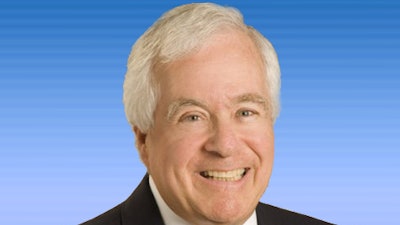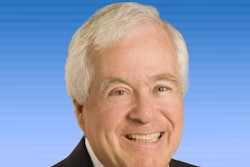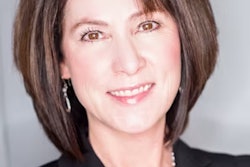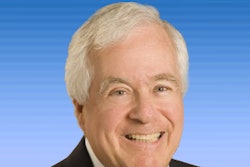
There are many costs involved with the purchase price of a dental practice than what may be written in the acquisition agreement. The buyer and the seller of a dental practice each have a cost for their advisers and the hourly or monthly charge these advisers present either on a retainer basis or at the end of each month when their bills are presented.
For the seller, especially as the dental service organization (DSO) shows performance improvements over a period of time, the value of the DSO will probably improve, and a buyer would most likely agree to pay more per share for an ownership interest.
There are a host of questions those that arise with these arrangements. Does the seller sell at the best price he or she can get now and ignore the upside that will hopefully come later? If a potential buyer has money on the table, does the present value of that show other potential investors that the DSO is hot and the current price is the cheapest that a buyer will get? What do hedge funds, venture capitalists, and investment bankers see and understand about the vision that the original DSO investors have laid out for hypothetical investors in the future? Are there brokers involved that will cause the cost of the DSO to increase that would then change their strategy about waiting for the funds from future investors?
What are the short-term and long-term goals of the DSO and the investors?
While the goals of each party may be quite opposite, they may be similar based on certain criteria. Let’s look at some short-term goals for each side of the transaction.
A short-term goal of a year or two would probably be to see some reasonable growth in gross revenue for the DSO. That helps the DSO and assists investors in seeing something that other potential investors would like to see as well.
As revenue expands, there will always be more attraction to outside investors, such as individuals, and for the big prize, hedge funds as well as investment bankers and venture capitalists. While it may probably take more than a few years for the venture capitalists to see what they would like before they make a big plunge as an investment, it would also create the opportunity for a large potential return on that investment.
Additional gross revenue spurts may come from existing dental practices that are already part of the DSO grouping, but a large increase will likely come from more acquisitions. This is really the goal of the DSO management, which is to increase gross revenue in large part from acquisitions but also with consistent monthly increases from the existing group under the wing already of the DSO.
When certain gross revenue goals are reached and overhead is under control, the big players are ready to jump in for some big investment amounts. This is where the DSO may be ready to reach the next level and join with another DSO or be taken over by a venture capital firm or hedge fund. This will mean a great deal of wealth for the original investors in the DSO and for those who invested consistently along the way as the DSO grew. Those early employees who may have options with their employment agreements will prosper as well.
Where does the DSO go from this point, and how does it get there?
Believe it or not, the future may be a much more dangerous road for the DSO, and it may take longer for the DSO and its founders to achieve their ultimate goals.
Some of the reasons may have to do with the competitive nature of the profession. As more DSOs form, the newer ones have learned from those who started some time ago. The new organizations don’t have the time considerations and don’t want to wait to reach certain financial goals as they start with a strong financial backer (such as a hedge fund or investment banker) immediately rather than waiting for goals to be reached before selling their vision to these types of investors.
This approach saves an enormous amount of time and aggravation for the DSO and eliminates what some of the original DSOs had to go through to reach the point where they are now. This allows newer DSOs to attract investors much faster than the older investors since the “money" step has been reached in the beginning stages.
By eliminating the wait for financial backing, more investors will be available, because their advisers will see a well-capitalized venture right away. The ability to acquire more dentists and dental practices will be more immediate, and their growth rate will probably be quicker. More funds will be available for marketing, the DSO can buy in bulk at lower pricing, and it does not have to wait for certain financial goals to be reached, since the newer DSO is already financially sound.
Leaping over existing DSOs and even acquiring them with an existing, sound financial base
One acquisition of an older DSO that is sound in its earnings but slow in its growth can catapult the newer DSO into a phase that would have taken the older DSO years to accomplish. Branching out geographically is easier, and acquiring other existing DSOs will probably be part of their next game plan. This will be the type of DSO that speeds to the top of the DSO rankings. The timing and positioning with their financial base and secure administrative staff can allow this DSO to be a winner.
Bruce Bryen is a certified public accountant with over 45 years of experience. He specializes in providing litigation support services to dentists with valuation and expert witness testimony in matrimonial and partnership dispute cases. Bryen assists dentists with financial decisions about their practice, practice sales, evaluating whether to join a DSO, practice evaluation during divorce proceedings, and questions about the future or financial health of dental practices. He can be reached at [email protected].
The comments and observations expressed herein do not necessarily reflect the opinions of DrBicuspid.com, nor should they be construed as an endorsement or admonishment of any particular idea, vendor, or organization.



















